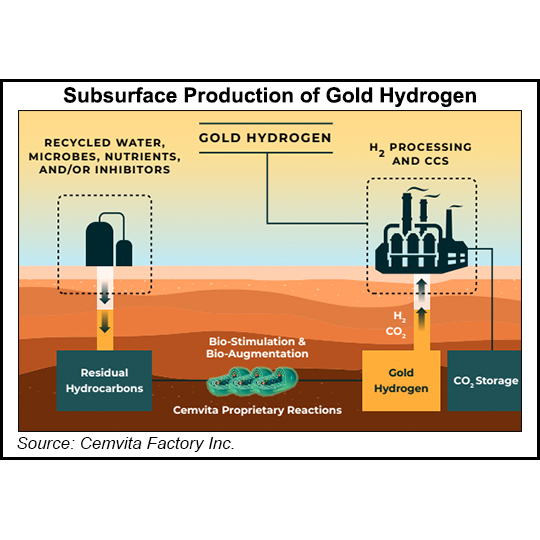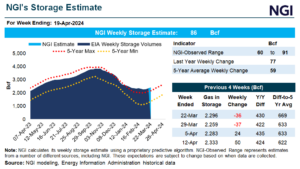Permian Basin | Energy Transition | NGI All News Access
Cemvita, Partners Digging for Gold, Tapping Depleted Oil, Gas Wells for ‘Lowest Possible Cost’ Hydrogen Production
© 2024 Natural Gas Intelligence. All rights reserved.
ISSN © 2577-9877 | ISSN © 2158-8023 |



